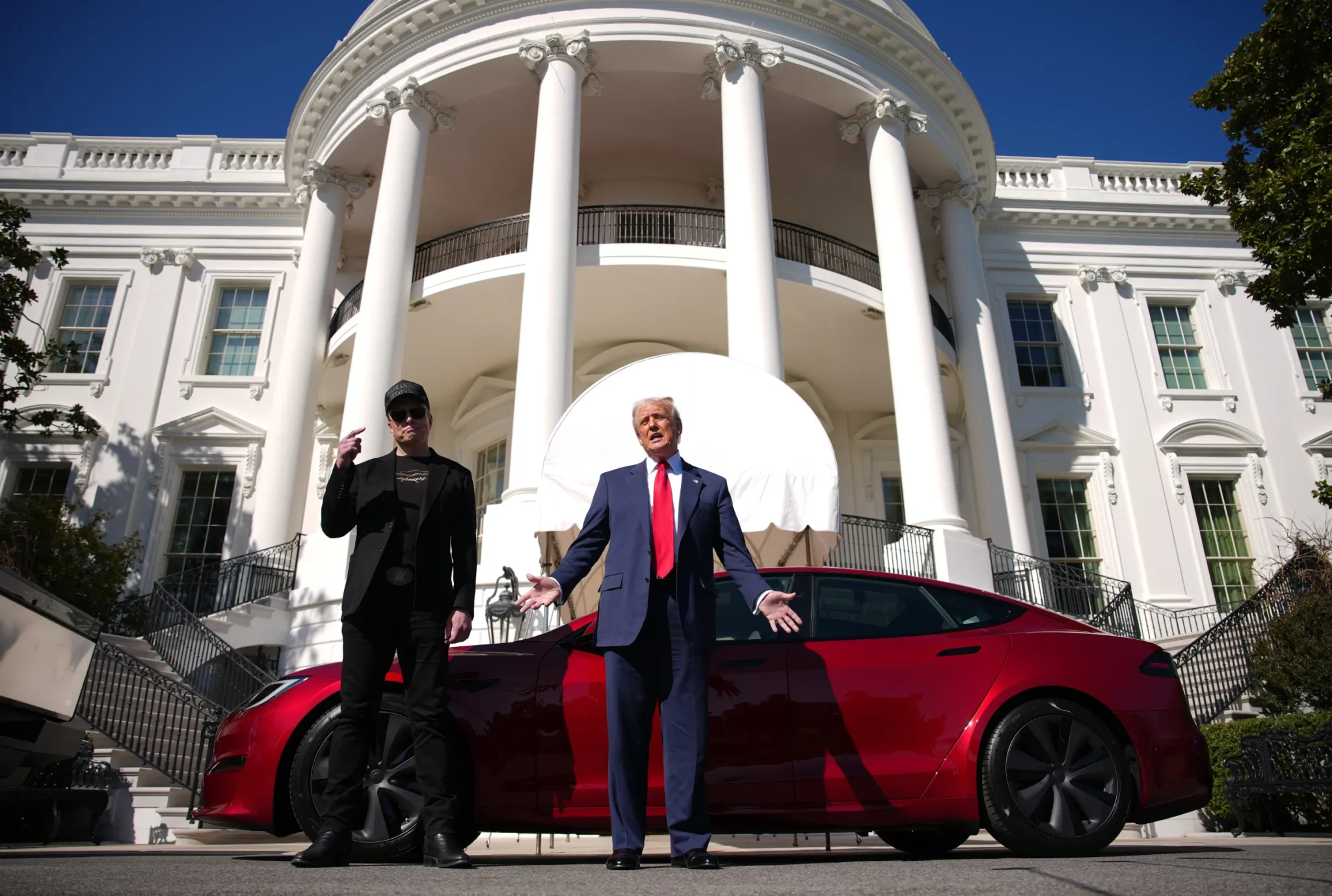In March 2025, Elon Musk’s Department of Government Efficiency (DOGE) discreetly installed a Starlink Wi-Fi terminal on the roof of the White House. Officially approved by the Trump administration to address “internet dead zones” on the campus, the move bypassed multiple layers of traditional cybersecurity protocols, according to a bombshell report by The Washington Post.
The satellite-powered internet access, provided by Musk’s company SpaceX, allegedly enabled Musk’s team to transmit massive quantities of data without detection. Starlink’s infrastructure does not require conventional logging or VPNs, which normally allow agencies to monitor government device traffic. “Bypassing security, no tracking, no records,” insiders described the scenario—raising eyebrows about the true intent behind the move.
Experts Warn of Deliberate Security Evasion
Cybersecurity experts have expressed alarm at the use of Starlink within such a sensitive zone. “Starlink lets you move data without creating footprints. That’s exactly what you’d use if you didn’t want anyone to know,” said a former White House IT official.
Government-issued devices typically require a secure Virtual Private Network (VPN) to access the internet, which logs all activity. The use of Starlink essentially allowed White House systems to break free from this internal firewall. Experts say this could potentially allow both deliberate and accidental leaks of classified information.
FCRF x CERT-In Roll Out National Cyber Crisis Management Course to Prepare India’s Digital Defenders
Despite these concerns, the U.S. Secret Service downplayed the incident, stating it did not constitute a “security incident or breach,” and that they were aware of DOGE’s intent to improve connectivity. However, critics argue that the agency’s dismissive stance fails to address the broader implications of unsupervised data transmission infrastructure operating in the executive mansion.
Whistleblower Alleges Deeper Breaches, Sparks Political Fallout
This is not the first time Elon Musk’s DOGE team has faced scrutiny. In April, a whistleblower from the National Labor Relations Board accused the DOGE unit of facilitating a “significant cybersecurity breach,” involving suspicious login attempts from Russian IPs and unauthorized data transfers.
Further complicating matters is Musk’s fractured relationship with Donald Trump. While once considered a close ally during the latter’s administration, their partnership has since deteriorated into a public feud. Yet, even as their personal alliance dissolves, the technological footprints of Musk’s ventures remain present within the heart of U.S. governance. Starlink Guest continues to appear on internal Wi-Fi networks inside the White House.
The situation has triggered bipartisan concerns, particularly regarding private sector overreach into national security spaces. If verified, these reports could have implications beyond administrative accountability—potentially setting a precedent for privatized cyber infrastructure operating above traditional governmental oversight.



